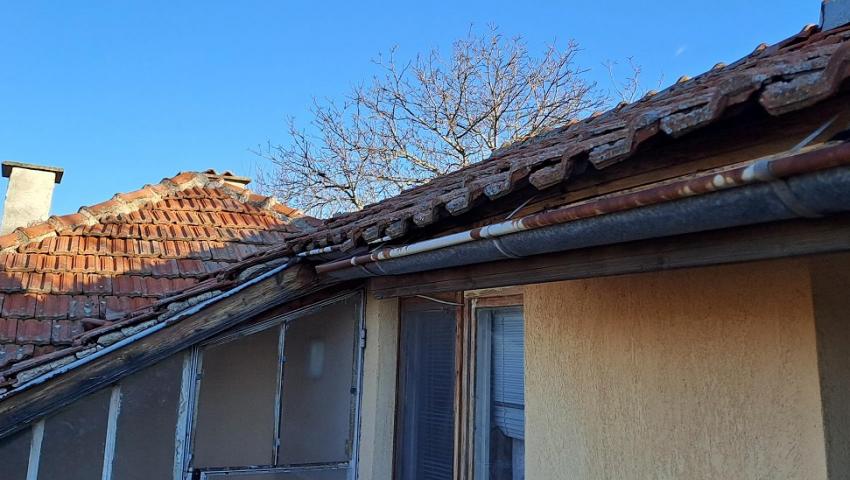Politicians support the creation of energy communities, but still only in words
There are 7,000 energy communities in Europe, 159 are in Greece, and only one in Bulgaria

There are 7,000 energy communities in Europe, 159 are registered in Greece, and there is only one in Bulgaria and it is located in Plovdiv. Thus began the discussion on the issue of energy communities and energy sharing opportunities that do not yet exist in our legislation. After the Bulgarian EU presidency in 2018, when the directive on renewable energy sources was adopted, we could be among the pioneers to implement it, said the expert of "Greenpeace" Bulgaria Balin Balinov during a round table "Energy transition mission: solutions from experts and politicians". But this did not happen and Bulgaria is currently in criminal proceedings for non-implementation of the directive related to the key elements for building RES for own needs and motivating people, municipalities and small businesses to participate in energy communities.
Therefore, the National Assembly must vote as quickly as possible on the texts that introduce the concept of energy community. They were introduced in the previous parliament, but never came to a vote. It is important not only to introduce the concept, but also how to manage it and how to work to stimulate people to multiply them, and not to create one as a model and that's it, emphasized Balinov. But one must be very careful that it does not happen that the civil association turns into a business, as has happened in other countries, that the community is taken over from within. for example, a private company becoming the majority owner and profiting from the sale of energy to other participants. The purpose of these associations should remain self-fulfillment and energy sharing and not work for profit.
Zhecho Stankov from GERB commented that during his time as deputy minister in the Ministry of Energy, a working group was convened to work on the implementation of the directive, but in 2021 he was no longer in the ministry. But said that a law was created on industrial parks, where it was envisaged that business players in the parks would come together, which was the basis for creating energy communities between businesses mostly in industrial parks. According to him, today the administrative burden should be reduced and every household should be able to install RES on the roof. Another question is why this has not yet become a fact.
Tasko Ermenkov from the BSP also said that he emphasized in his speech the strengthening of the state centralized and private decentralized energy, while also having in mind the energy communities.
We support the creation of energy communities, but the issue with the so-called smart grids, we need to be able to integrate them when they turn on. But they will definitely help with solving the issue of energy poverty and energy efficiency.
Stanislav Anastasov from DPS also emphasized the need to invest in the network. It is also extremely important what the design of the communities will be, the participation of the municipalities is also very important, which in combination with small producers and households will have many advantages, also agreeing that this way the problems of energy poverty will be solved.
But unfortunately, it is not important what I say as Stanislav Anastasov, but what DPS says as a political party, it is not important what each of us says, but what policies and commitments the parties undertake, he said.
The founder of MOVE.BG, Sasha Bezuhanova, emphasized that for more than a decade, the technology company in which she previously worked has been offering smart solutions in energy, the technologies are there, she is willing to use them and put them into practice.
For Venko Sabrutev from Continuing the change, energy communities are an important element for energy transition and energy independence. The Recovery Plan includes measures to ease procedures for businesses and RES for citizens. There has been a lack of political will until now, two years after the deadline for transposing the directive into national law and five years after its official adoption, the real debate about the possibility of people producing energy for their own needs and the creation of energy communities is a myth and has not yet started and the renewable energy pilot program for household own needs.
With such unity among the political parties on this topic, it is a matter of time how quickly it will be moved in the next parliament.
During the discussion with the politicians, the "For a Green Restart" coalition, which includes the MOVE.BG platform, WWF Bulgaria, "Greenpeace"-Bulgaria, and the "Circular Economy Institute" officially presented the special report "Energy Transition Mission". It contains over 150 recommendations given by 50 leading Bulgarian experts with solutions for the systemic energy transformation of Bulgaria and for overcoming the serious difficulties that our country faces in the energy transition.
